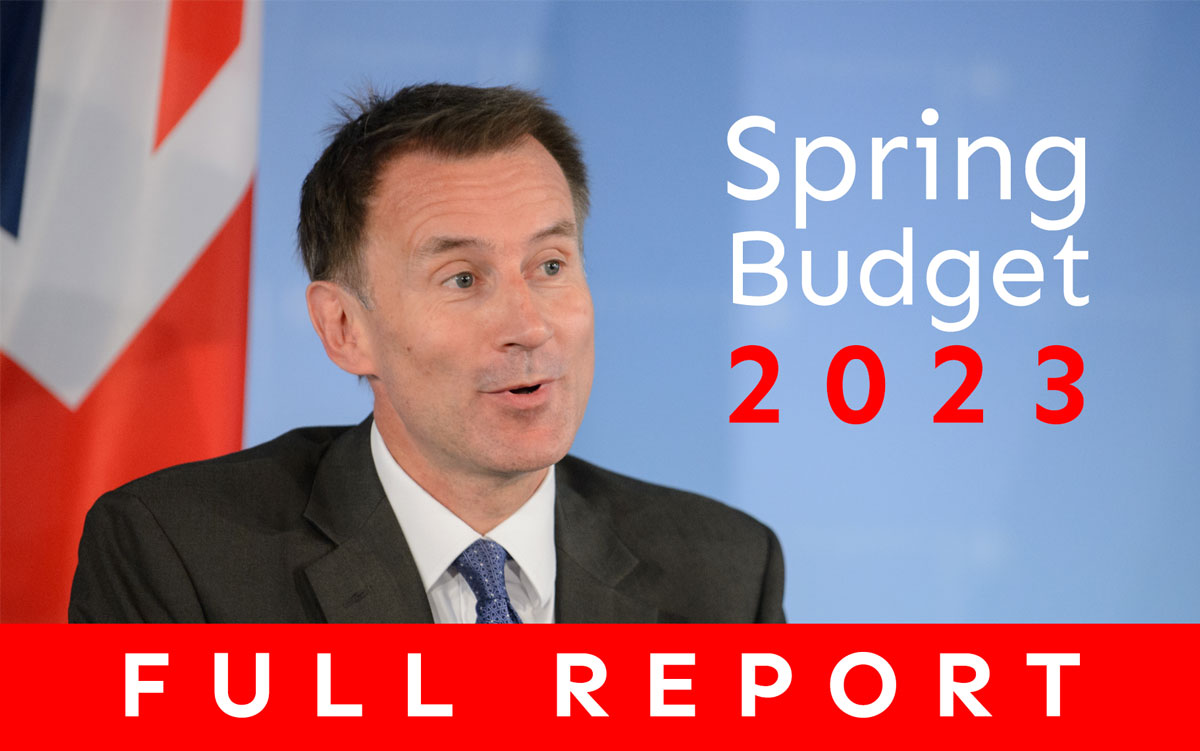What is a Sole Trader?
Starting out in business can be daunting, and knowing what is the best option for you is the first decision to make. So what is a Sole Trader and what does it mean for you? Here we take a look.
Someone that is self-employed and runs their own business as an individual is deemed to be a Sole Trader. This means that you and your business are one, and it is not classed as a separate legal entity like a Limited Company. As a result you have full liability and all of the business risk.
How does a Sole Trader operate?
Sole Traders have total control over their business, the assets held and profits after any tax has been paid. It is seen as being a straightforward way of running a business and has less reporting requirements than a Limited Company.
As a Sole Trader you are effectively the person that does both the work and management sides of the business, so there is no differentiation.
Statutory obligations with HMRC
A Sole Trader must register with HMRC and submit a self-assessment tax return each year. This will detail the income and expenditure of the business, and calculate what tax and National Insurance is payable.
If your business earns over £85,000 then you are required to register for VAT and submit quarterly returns.
There is no requirement to file accounts with Companies House like a Limited Company would.
What taxes do Sole Traders pay?
As a Sole Trader your tax is calculated via the self-assessment tax return you must submit each year. The tax year runs from 6 April to 5 April. The income tax is then due, along with the return, by 31 January the following year.
The self assessment tax return will also determine what National Insurance must be paid. A Sole Trader pays both Class 2 and Class 4 National Insurance. Class 2 is a flat rate and calculated weekly, and means you’re eligible for state benefits. Class 4 is a percentage of your profits each year.
VAT must be paid if you register. There is no obligation to register unless your income will be over £85,000 a year. Returns are submitted quarterly and you pay the difference between VAT collected on income, and VAT paid on expenditure. We would be happy to discuss VAT registration with you and offer advice on your specific circumstances.
Employing staff
As your business expands, you may need to consider employing additional staff. This could be casual, part-time or full time employees. As an employer you will need to register with HMRC for a PAYE scheme, and you would be responsible for deducting tax and National Insurance from your employees and paying it across to HMRC. Payroll would need to be reported to HMRC each month. Please ask for more information on running a payroll if it is something that applies to you.
In addition, you need to consider auto enrolment pensions for employees, and having the correct insurances in place for employers. There are also things like holiday pay and maternity/paternity pay that you will be responsible for.
Examples
There are many different professions that may operate as a Sole Trader. Traditionally those who operate in the service sector may choose the sole trader route, examples but not limited to:
- Plumbers
- Painters and decorators
- Hairdressers
- Personal trainers and fitness instructors
- Freelance creatives (copywriters, graphic designers)
- Private tutors
- Gardeners
How Taxevo can help
Starting out on your own can be a little scary, but with the right professional support and guidance you can be up and running in no time! Speak to our expert team here at Taxevo about your business goals, and whether becoming a Sole Trader is the right path for you to take. Get in touch with us today!






